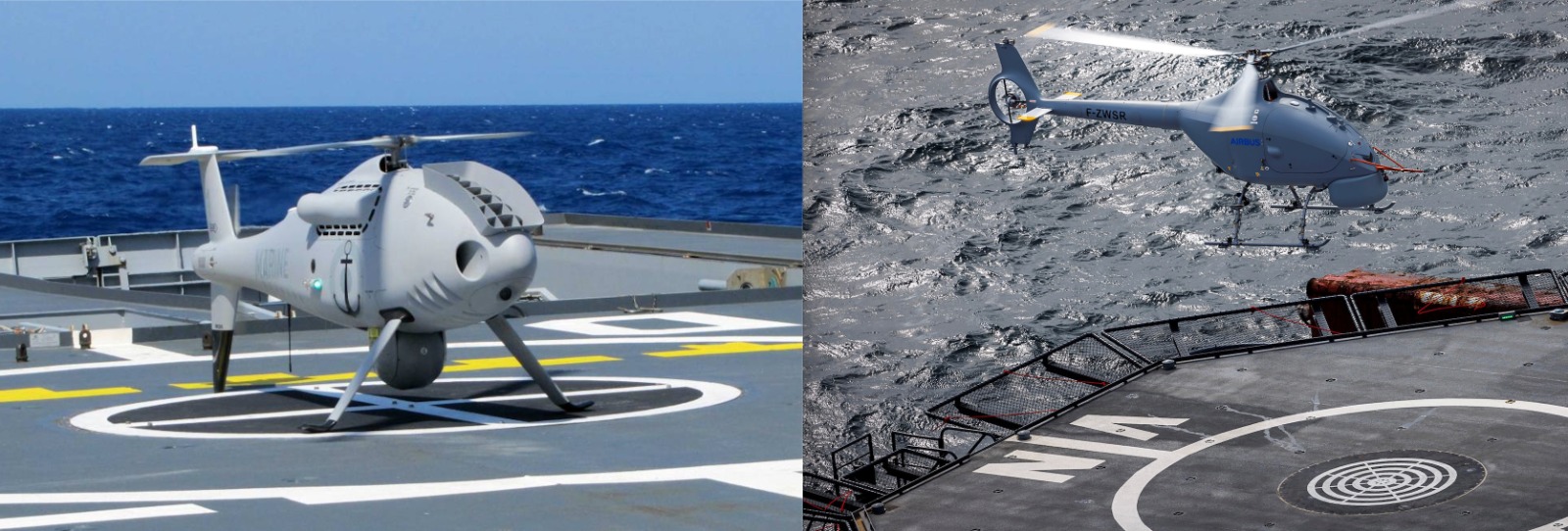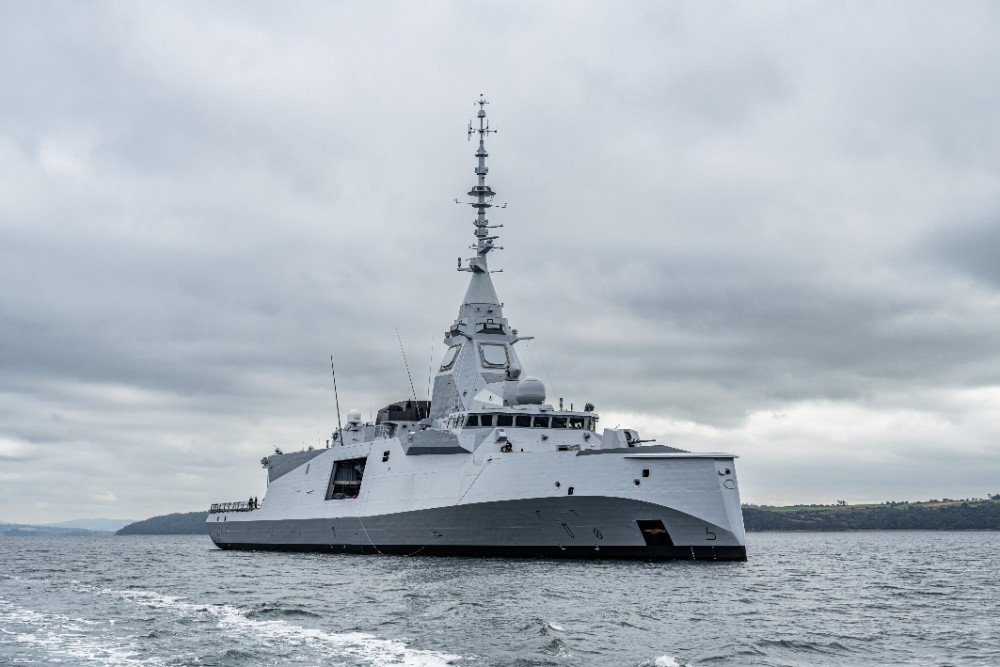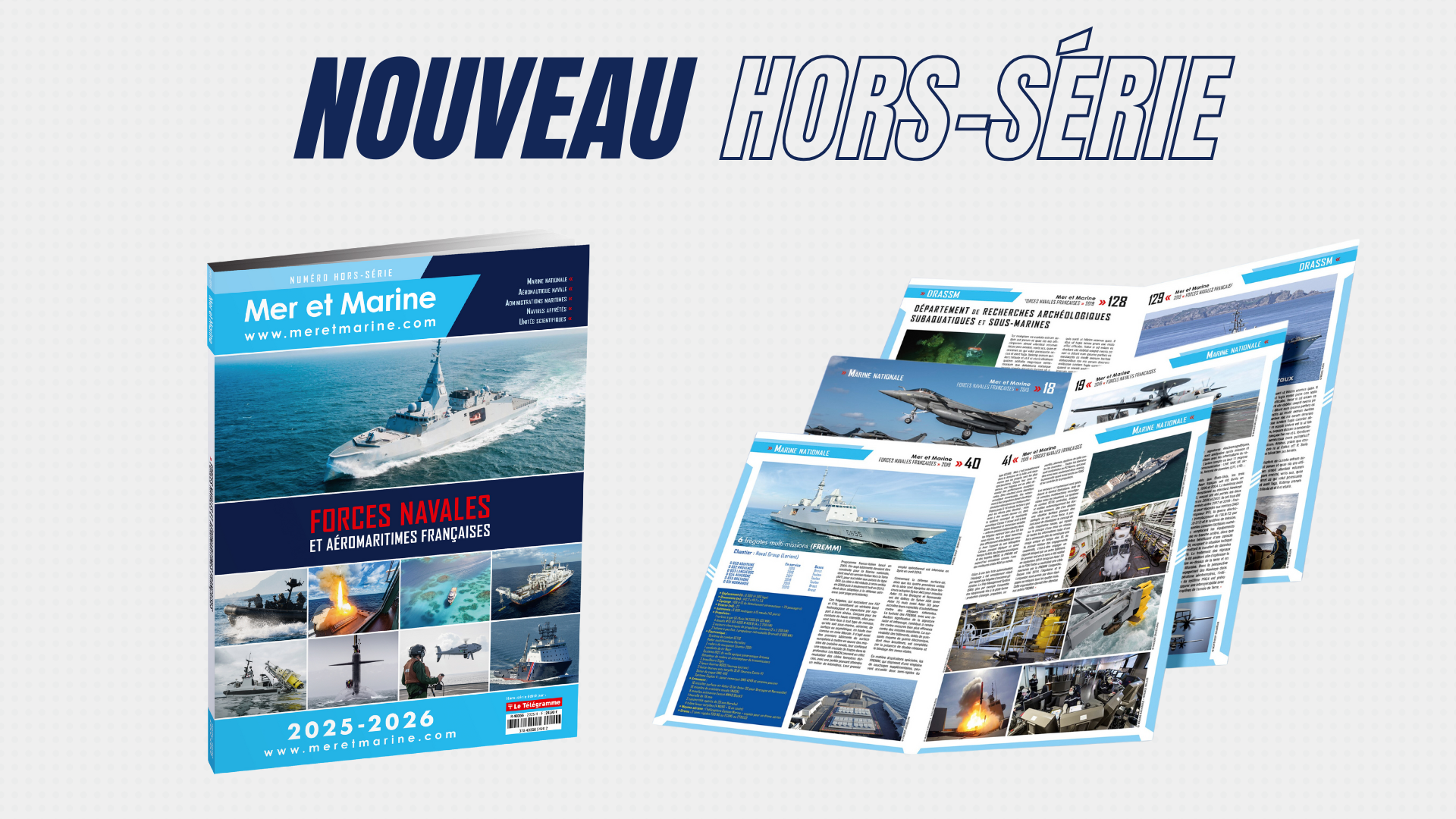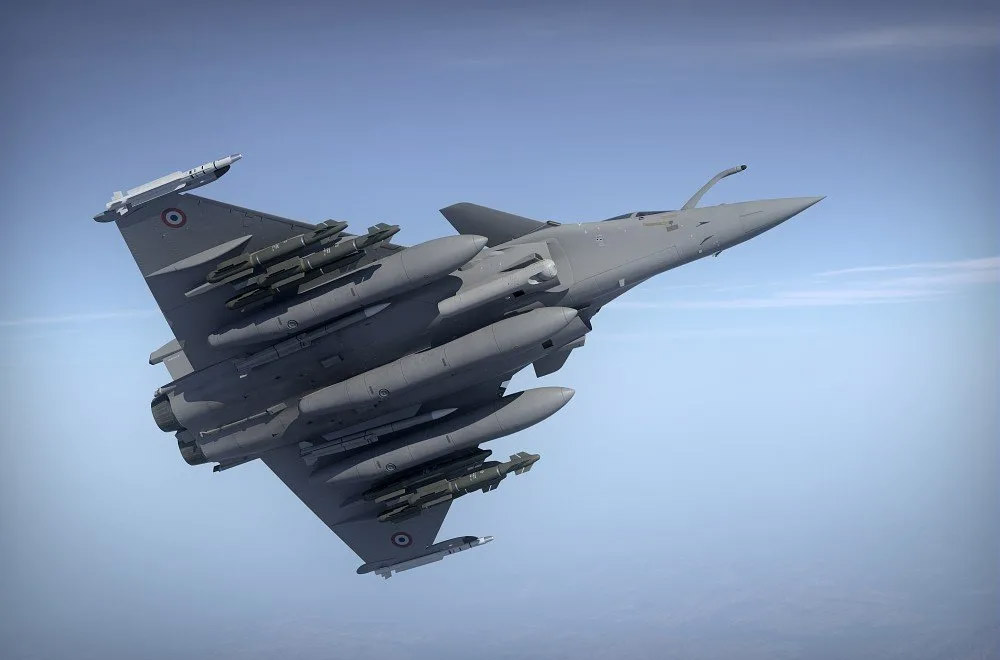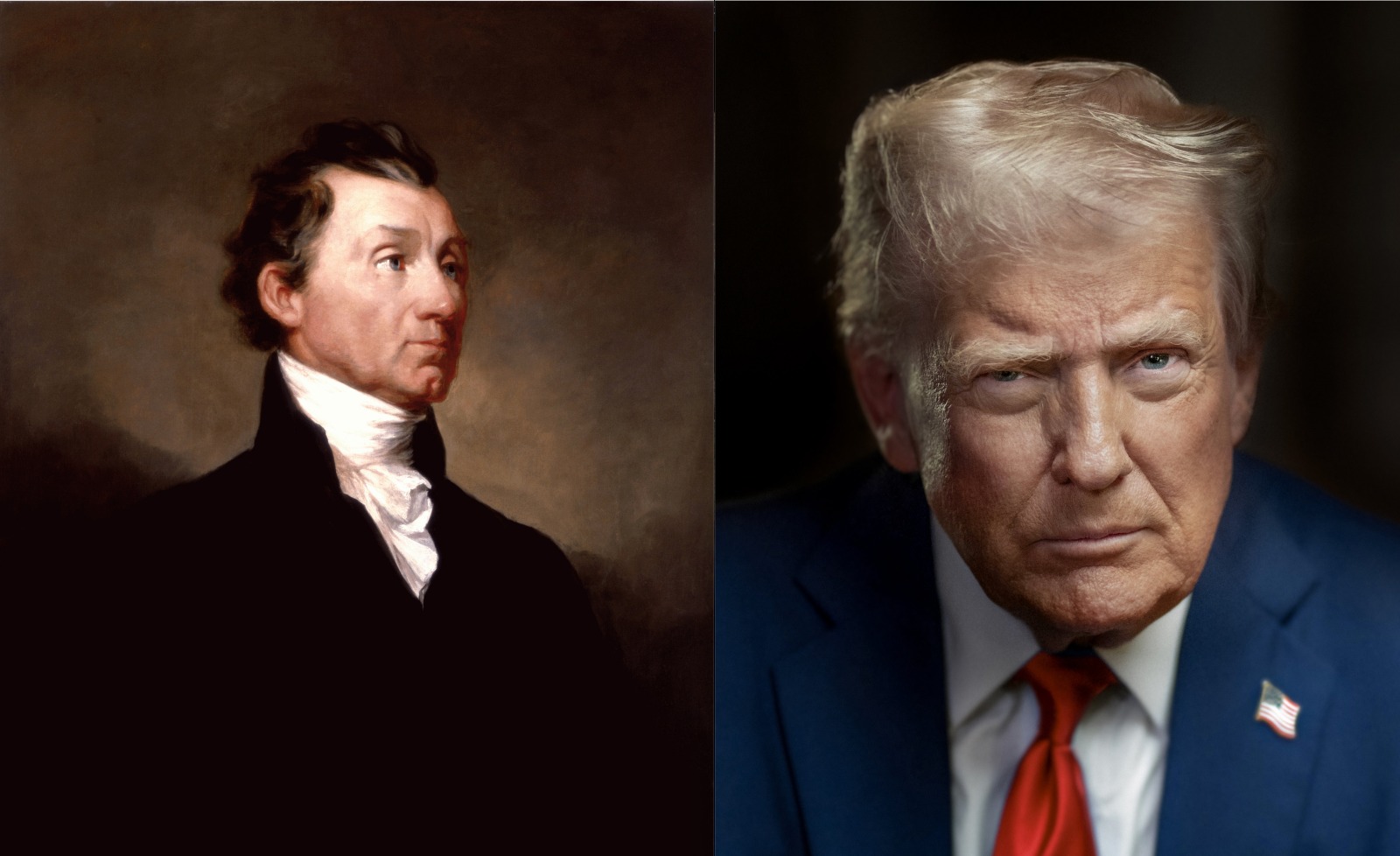Edition anglaise

February 2008 - n° 705
Slovenia’s EU presidency - Andrej Ster
Extracts from a speech by Andrej Ster, Secretary of State at Slovenia’s Ministry of Foreign Affairs, representing his country’s upcoming presidency of the EU, at the Parliamentary Assembly of WEU on 5 December 2007.
European defence: quo vadis? - Jean-Pierre Masseret
France holds the Presidency of Western European Union (WEU) from January to December 2008 and the Presidency of the European Union (EU) from July to December 2008. European Security and Defence Policy (ESDP) is one of its priorities. This policy, though modest in scope, is a success story. Through ESDP military and civil operations, Europeans can work together to promote world peace. It is a policy that has reached its limits, however, and it will take bold political initiatives for ESDP to develop further. France could play a decisive role during its presidency, proposing ambitious new approaches while retaining the spirit of the innovations contained in the Lisbon Treaty in the area of Common Foreign and Security Policy (CFSP). France, which is in the process of redefining its national security and defence priorities, has declared that it wants to give its national endeavours a European perspective. While the highest French authorities intend giving European defence the priority it deserves, they must also be mindful of the expectations of European citizens in matters of transparency and the democratic oversight of ESDP, of which the large majority of the public are in favour.
A European foreign policy agenda - Alain Lamassoure
When it comes to foreign, security and defence policy, the European Union has up till now more often been a spectator than an actor. To acquire more clout in this area, it could already draw up a ‘European agenda’, setting out its priorities on the international stage: the Balkans, Russia, the Mediterranean and globalisation.
Relaunching European defence - Jean-Dominique Giuliani
After listing the mistakes that must be avoided and conditions that must be met for European defence to progress, the author sets out the technological challenges that the Union will have to take up, which means investment in R&D, particularly in the space and aeronautical industry. He concludes with the initiatives that the forthcoming French EU presidency should take to relaunch European defence.
The evolution of EU military doctrine - Dennis Gyllensporre
In this paper, one of the leading artisans of the EU’s military doctrine in Brussels describes the stages in its conception and development.
ESDP in the second half of 2007 - Fabien Terpan
The Portuguese presidency of the European Union was crowned by the signature of the Reform Treaty in Lisbon on 13 December 2007. As far as Common Foreign and Security Policy (CFSP) and European Security and Defence Policy (ESDP) are concerned, this new treaty incorporates the provisions of the Constitutional Treaty. In parallel, new ESDP operations have been launched in Chad and the Central African Republic, and in the Democratic Republic of the Congo, while missions are being prepared for Kosovo and Guinea-Bissau. The ESDP operation begun in June 2007 in Afghanistan is in its deployment phase. The process of strengthening ESDP is continuing, notably with the launch of a new civil objective with a 2010 time-scale. Political and military cooperation between the EU and Africa have been boosted by a strategic partnership approved in December.
Europe and its ESDP, or NATO? - Pierre Magnuszewski
Is France going to depart from the position adopted by General de Gaulle in 1996? It is the last country in the Union that is able to resist, even oppose, the US line, but not as a matter of principle: often it represents an alternative view. Full integration into NATO implies subordination to a foreign power whose interests are on occasion not at all the same as Europe’s. The EU is a power, but one that lacks determination and self-confidence. Yet the world needs the pole that it is its vocation to become.
Europe and globalisation - Éric Besson
Extracts from a speech by Éric Besson, Secretary of State for Forecasting and Evaluation of Public Policies, introducing a seminar devoted to Europe’s place in globalisation organised by the Centre for Strategic Analysis on 22 November 2007 at the École Militaire, Paris.
Understanding the European constellation: a new departure - Marc Fritsch (de)
The main aims of the Higher European Studies Course (CHEE) recently created by the École Nationale d’Administration (ENA) are to increase awareness of European questions and concentrate the energies and resources needed to develop France’s vision of European construction. Through this course it is hoped to respond to the real need for indepth knowledge expressed by French and European elites. The success of this scheme, for which the French administration deserves credit, should guarantee that it continues and leads to similar European initiatives.
The support services: the modernity and relevance of a model of military organisation - Jean-Michel Mantin
In today’s climate of reform, the need for a streamlining of the organic support of the armed forces is undeniable. Room for progress in the centralisation of services and administration is largely unexploited. All the more reason to assess these complex matters with intelligence and prudence, without losing sight of the operational character of the support currently provided by these services. Particularly in the area of supplies, which touches on issues that affect the very idea of command, the independence of the military commander and the freedom of manoeuvre of his forces must be considered.
Risks and performance of defence procurement contracts - Jean-Michel Oudot
What causes delays, cost overruns and quality shortfalls in French defence systems? Identification of risks and an assessment of their impact on 48 French armaments agency (DGA) contracts show that contractual decisions have a predominant influence on performance.
French defence procurement methods - Fabrice Brunel
Whatever the outcome of the defence White Paper now under discussion, the State cannot avoid a fundamental review of its current procurement methods, which are the source of profound inequalities in the nation’s defence technological and industrial base (DTIB).
The Arctic revisited - Thierry Garcin
The effects of global warming are particularly noticeable in the far North, and the International Polar Year (2007-08) is very relevant in this respect. If all the consequences, both fortunate and unfortunate, are still far from being recognised, this new state of affairs is awakening claims or ambitions (continental shelf, exclusive economic zones, natural resources and fishery, etc.). In due course it will redefine power politics, spheres of influence and maritime routes. Canada, the United States, Denmark, Norway and Russia are at the centre of the geopolitical equation. So how can one anticipate these possible sources of insecurity?


